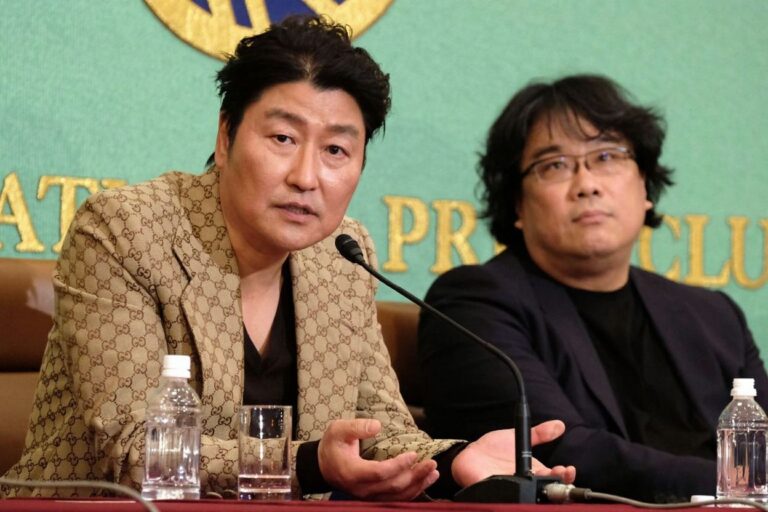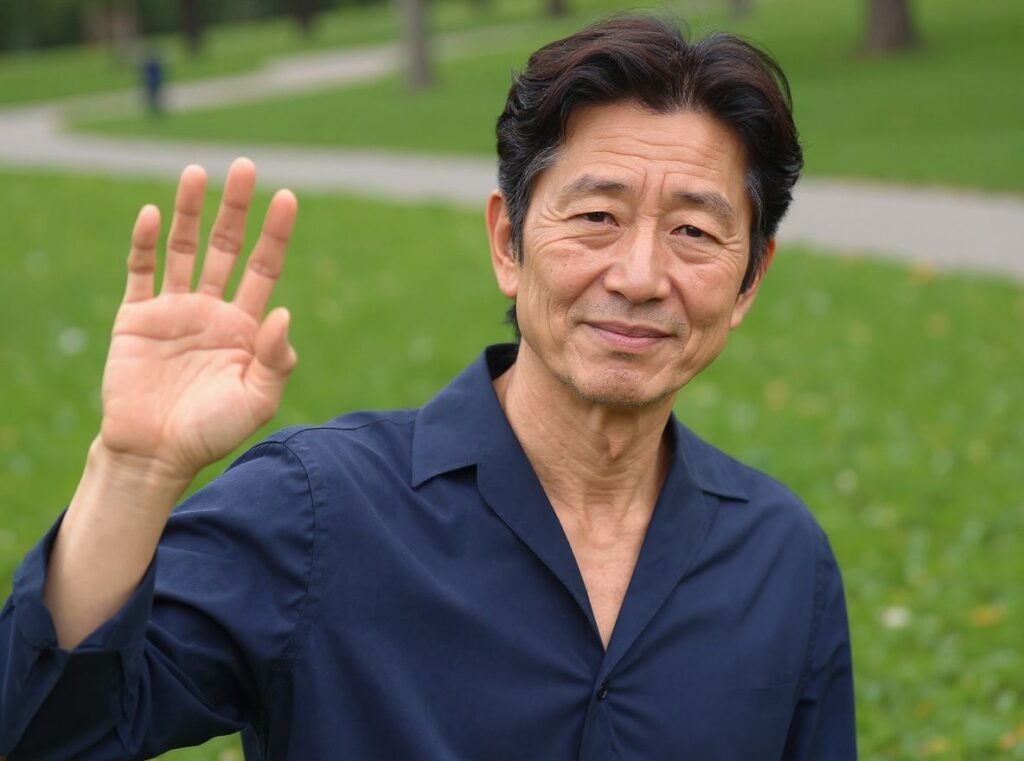
With the success of K-pop, Oscar winner “Parasite,” and recently, Netflix biggest hit of all time “Squid Game,” South Korea has cemented its spot at the pinnacle of pop culture. Now, it’s even got 26 must-know Korean words added to the Oxford English Dictionary.
Here are our five favourite, must-know Korean words:
Hallyu
Hallyu refers to the Korean wave — specifically, the boom in popularity of Korean dramas and music. Some say this rise seemed to peak with the KBS drama series “Gyeoul yeonga” (2002; Winter Sonata), but we beg to differ. It’s still peaking.
 Another popular word of Korean origin simply means Korean drama — television series in Korean and produced in Korea.Example: “I can’t wait for the pandemic to be over so I can go to South Korea, the birth place of Hallyu.”
Another popular word of Korean origin simply means Korean drama — television series in Korean and produced in Korea.Example: “I can’t wait for the pandemic to be over so I can go to South Korea, the birth place of Hallyu.”
“BTS is a key driver of Hallyu.”
K-drama
This means Korean drama, i.e. television series in Korean and produced in Korea.
Example: “I’m a K-drama stan. I really liked Cha Eun Woo in True Beauty!”.
Oppa
A top contender for your list of must-know Korean words. Although this means an older brother, it’s usually used to refer to those of dreamboat material. It’s also used as a term of endearment referencing an older male friend or boyfriend.
Example: “Gong Yoo is my kind of oppa.”
 Gong Yoo is a definite oppa — the stereotypical image of a hotter older male figure.
Gong Yoo is a definite oppa — the stereotypical image of a hotter older male figure.
Noona
What would boys say? Noona, of course! In the Korean context, it’s a boy’s elder sister or term of endearment. However, unlike oppa, noona can’t be used to reference a girlfriend as it’s just a friendlier way of saying older sister or woman.
Example: “My noona is currently applying for a Fulbright scholarship.”
Daebak
Last but not least on our list of must-know Korean words, this is a noun, adjective, and expression used to express a dumbfounded feeling. Just like when you hit the jackpot and you say “wow!”.
A formal way to use this is “dae-bak-i-e-yo” which is that’s awesome or plain old “dae-bak!” which means “amazing.” So, if you’re a student who spends a lot of time in the lab researching and discovering cool new things — or if you’re a BLINK — you’re bound to use this a lot.










